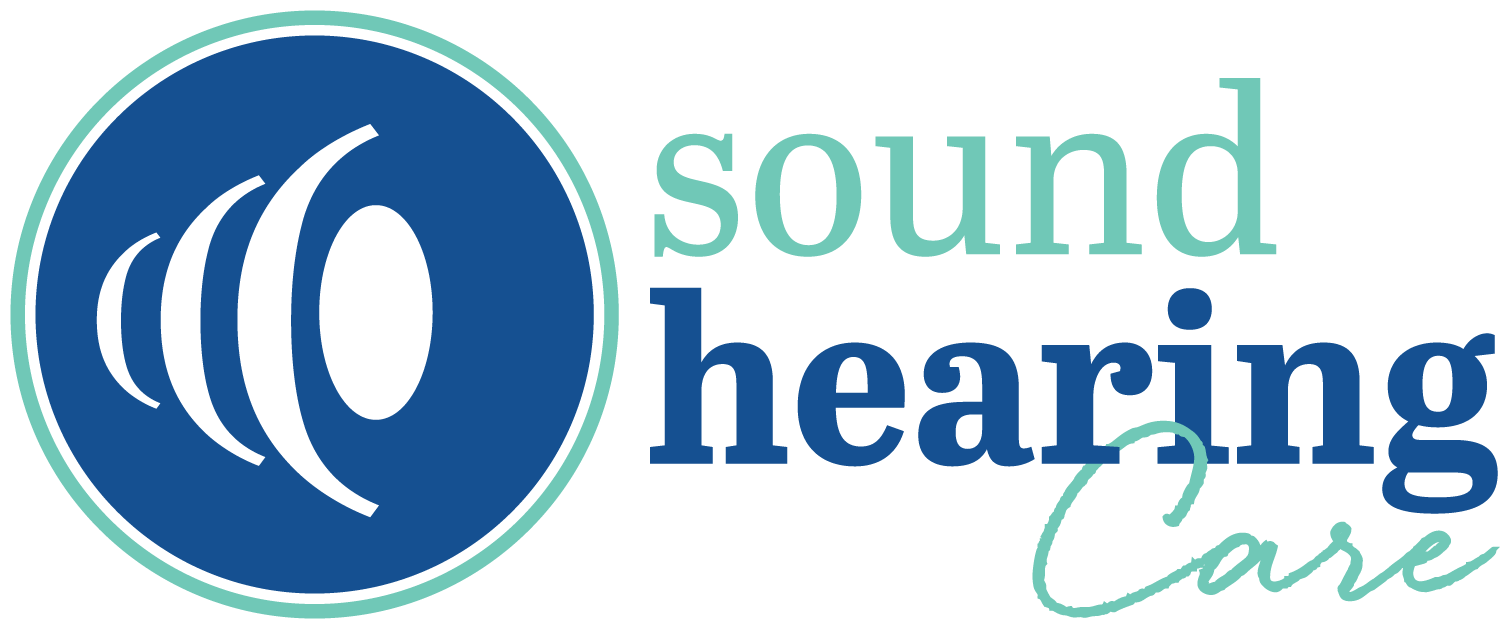Managing Tinnitus with a Low-Sodium Diet
Sodium is often the culprit of many diseases, including tinnitus and Meniere’s disease. Usually, if a doctor tells you to stick to a low-sodium diet, it can feel frustrating trying to figure out where to even begin because our culture includes an excessive amount of sodium in almost all foods found in grocery stores and restaurants. Even if you avoid keeping a salt shaker on the table and adding it to your food, there is still sodium in almost everything you consume daily. Most people have a difficult time tracking how much sodium is in their diet, and with each meal and snack you eat it can add up fast.
So, why does excessive sodium in our diet matter?
Too much sodium in your diet can make you retain water, which increases the pressure in your ears. You can test this theory out easily at home. Try eating a bland, sodium-free diet for a day and then the next day switching to your regular diet. The first day consume things like plain scrambled eggs (hold the salt), fresh fruits and vegetables, and additional protein like chicken, fish, or meat (hold the salt again). The next day return to your traditional diet eating the things you have always enjoyed. Do you notice a difference in your body after eating a meal higher in sodium? Some people have noted that they feel dizzy and their tinnitus would significantly increase.
How do you determine how much sodium to intake daily?
Because each person’s body breaks down sodium at different rates, the perfect amount to consume will differ for each person. Per the American Heart Association guidelines, “No more than 2,300 milligrams (mg) a day and move toward an ideal limit of no more than 1,500 mg per day for most adults.” Basically, this means that most adults shouldn’t have more than 1,500 mg per day of sodium in their diet. Unfortunately, most Americans consume more than twice that amount because our lifestyle of fast food is packed with extra salt for it to taste better.
Tracking sodium in your diet
Before switching to a low-sodium diet, consult your physician to determine the right amount you should include daily. Once you get the okay from your doctor, start by keeping a food journal of everything you eat daily. As you see a pattern in what you eat, begin to track how much sodium is in the foods you like to eat. If you notice certain times of the day you have a sodium-rich meal, try to adjust what you eat so the amount of sodium is spread out evenly throughout the day. Avoiding significant spikes in sodium can help reduce tinnitus symptoms. When you grocery shop, check labels for how much sodium is in a serving. While low sodium and reduced-sodium may sound intriguing, it is often only a slight difference in the original version of the product. Also, check the same product across multiple companies, because there is often a difference in the food label.
Unfortunately, most packaged products are very high in sodium. If you enjoy cooking, look for similar recipes online that you can control the amount of salt added to the meal. If you prefer your meals prepared for you, then look for local companies that cook and provide lower-sodium alternatives.
If you struggle to switch to a low-sodium diet, then take it slow, and you will eventually wean yourself off of your previous diet filled with sodium.
After speaking with your physician about switching to a low-sodium diet, schedule an appointment with our hearing care specialist to discuss the connection between sodium and tinnitus. We are here to help you manage your tinnitus symptoms. Contact Sound Hearing Care at 864-881-1663 for an appointment. We have four convenient locations in Simpsonville, Greer, Travelers Rest, and Greenville.




